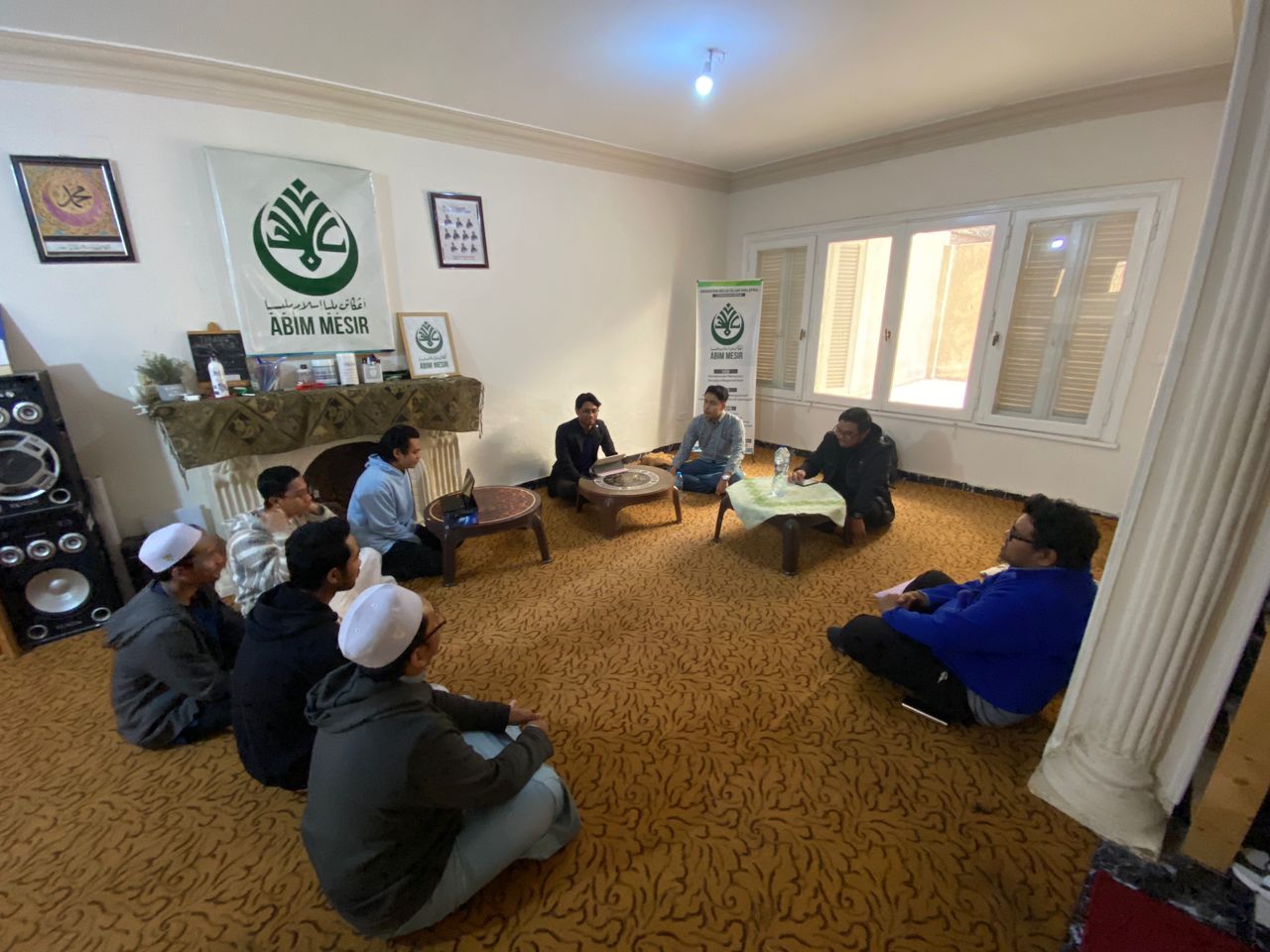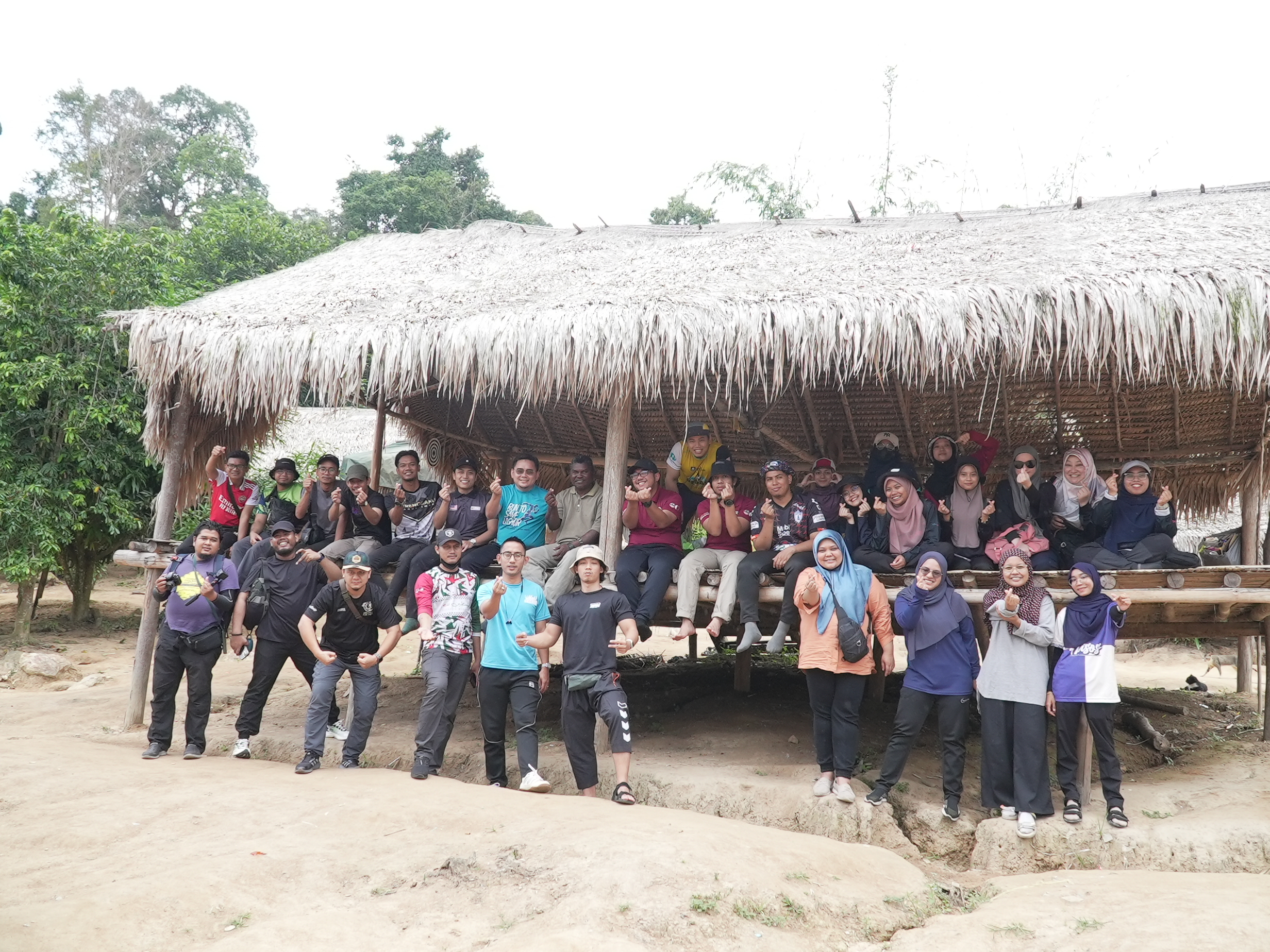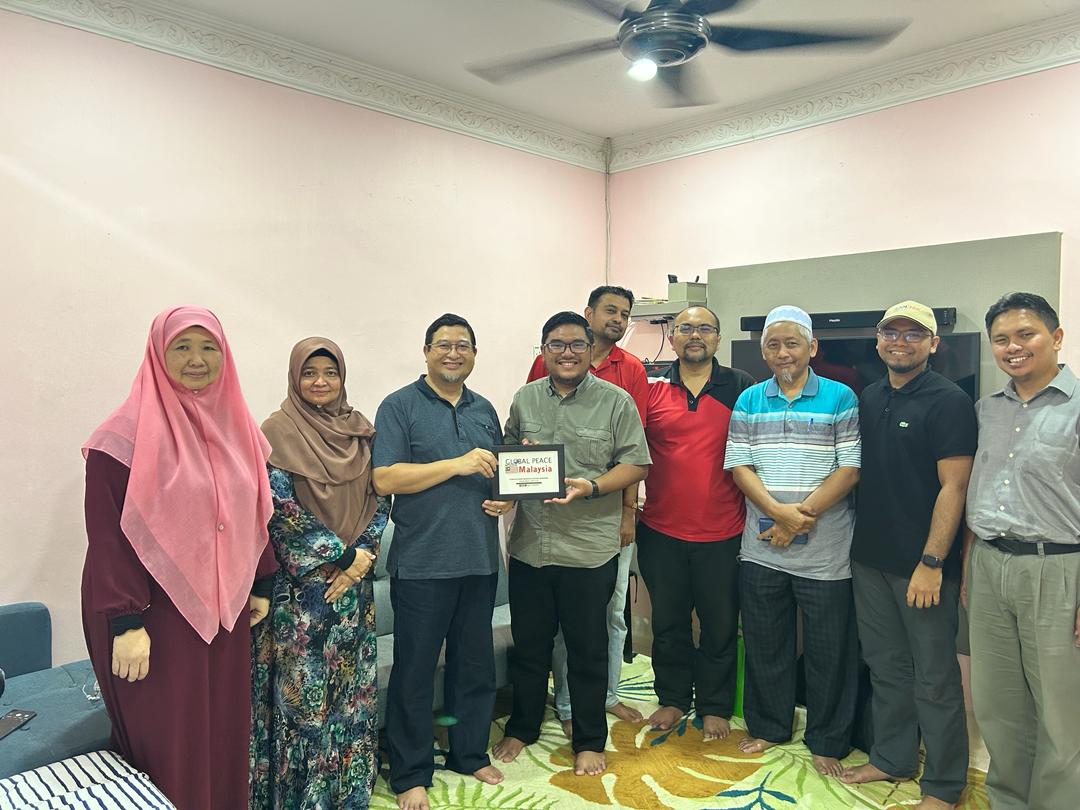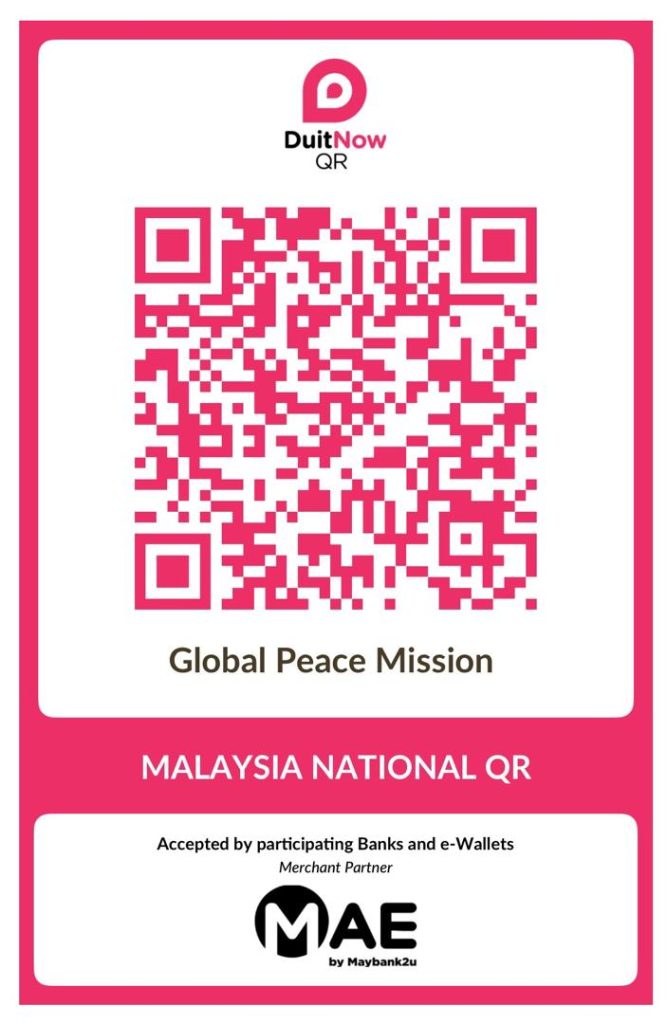Editor : Nur Izzatul Sofika binti Mohd Yusof
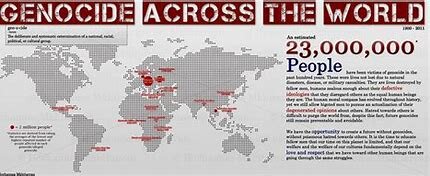
Genocide is the deliberate killing, violence, and whole or partial destruction of a people. Ethnic, national, racial, or religious groups can be used to categorize the populace. In 1948, the UN declared this term, which refers to any intentional acts to destroy committedly.
HISTORY
After World War II, the term “genocide” became widely used. It was when Lemkin wanted to describe the atrocities committed by the Nazis on Jews in Europe during World War II. So, he came up with the term genocide by combining the Greek word “genos” which refers to race or tribe with the Latin suffix “cide” which means “to kill”. Thus, through the Convention on the Prevention and Punishment of the Crime of Genocide (CPPCG), the UN established this term and acts in 1948. The term can also allude to killing a member or seriously injuring them physically or mentally. Since then, this term has been widely applied to refer to a variety of horrifying acts of violence, such as the conflicts around the 1990s in African nations.
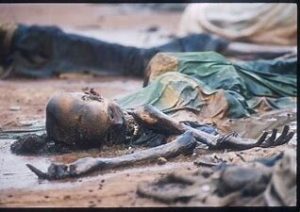
ONGOING GENOCIDE
Even though the crime has been known as a harmful act, it is still occurring right now all over the world. The recent most well-known genocide involves the Muslim Rohingya people in Myanmar. They have suffered a lot as second-class citizens in Myanmar because it was believed that they were illegal immigrants from Bangladesh, which led to the murder and displacement of tens of thousands of Rohingya. In South Sudan, there are also ethical issues that are destroyed by the country’s ethnic cleansing and genocide campaigns.
Iraq and Syria are also affected by the violent act in which ISIS sought to systematically exterminate and destroy the village of some groups such as Yazidis, Christians, and others. Even though ISIS has been defeated militarily to this day, the consequences of their genocides are still wreaking havoc on the local populace. While in the African Republic, where racial hostility has increased after the 2016 war, Christians and Muslims have also become victims of this conduct.
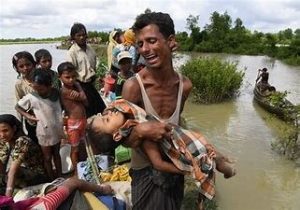
IMPACT OF GENOCIDE
Millions of people worldwide have endured unimaginable pain as a result of genocides. The effect persisted even though it is long after the murders were over, leaving the survivors with permanent scars. Besides, conflict and destructive behavior toward various groups have had a significant negative influence on people’s physical and mental health.
While humiliation is cited as a major factor in violent and unresolvable conflicts. Not just that, the hatred relationship between the groups will arise widely which leads to challenges in resolving land and property rights. As a result, the conflict may compel people to leave a region or force them to live in unbearable conditions, which will increase the number of refugees. All of the acts that happened can traumatize them for a long time.
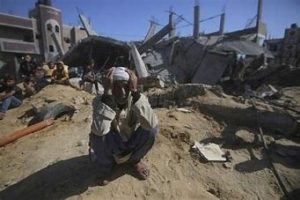
A CALL FOR HUMANITY
GPM as a humanitarian organization has continually assisted the people of Malaysia and other nations. The assistance has been channeled to them, particularly in Syria, Palestine, Afghanistan, Rohingya, and many other places, through a variety of programs and resolutions that have been idealized and organized methodically. As of that, we want to call on everyone in the world to be aware of this issue and to assist them as much as possible. The assistance is hoped to run efficiently with additional help from others. Let’s spread peace around the world!
REFERENCE
Lindert, Kawachi, et.al. The long Term Health Consequences of Genocide. 2019. The long-term health consequences of genocide: developing GESQUQ – a genocide studies checklist | Conflict and Health | Full Text (biomedcentral.com)
Kranz, Michal. 5 Genocides That Are Still Going On Today. Nov 23, 2017. 5 Genocides That Are Still Going on Today (businessinsider.com)
History.com. Genocide. Aug 21, 2018. Genocide – HISTORY
Blakemore, Erin. How Genocide Is Defined. Apr 21, 2022. https://www.nationalgeographic.com/history/article/how-genocide-is-defined-and-why-its-difficult-to-prove




